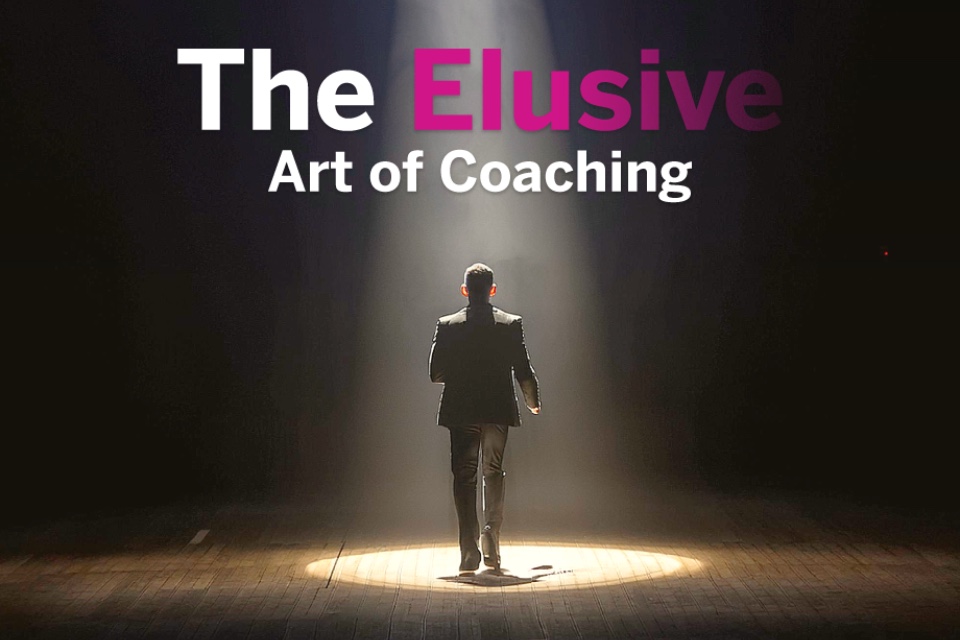In the latest instalment of our HR industry executive interview series, we spoke to David Collington (pictured, above), Partner and Head of Benefit Consulting at Barnett Waddingham, about the increasing focus we’re seeing on the physical and mental wellbeing of employees, the importance of taking a holistic approach to both, and how AI will become more prevalent within human resources functions…
Tell us about your company, products and services.
We’re proud to be a leading independent UK professional services consultancy at the forefront of benefits, risk, pensions, investment, and insurance. We have a team of more than 1,700 people in nine offices, including 98 partners. Being partner led we’ve been able to support the industry with our expertise and some creative ways to meet challenges in all these areas.
What have been the biggest challenges the Human Resources industry has faced over the past 12 months?
As the main point of contact for employees in any business, HR is always busy but the last twelve months have been challenging with the speed and impact of so much change in the workplace; there’s been an increase in employee expectations, the need to look at aligning with our ESG objectives, a focus on employee wellbeing and reviewing more flexible working arrangements, to name a few!
We’ve been navigating that ourselves as a business and also spending time helping our HR clients to look after all aspects of their employees mental and physical wellbeing, from finding the right benefits to raising engagement, whilst keeping budgets in mind.
And what have been the biggest opportunities?
The last twelve months have provided a great opportunity to raise engagement with employees and take a more holistic approach to the workplace and wellbeing. It’s also raised the importance of employee wellbeing, acknowledging the core part it plays in business resilience, helping us to meet corporate objectives and encouraging collaboration to ensure success, now and in the future. Our experience with our clients is that they’ve seen the same opportunities and are working to reevaluate all aspects of the workplace.
What is the biggest priority for the Human Resources industry in 2024/25?
To continue to support employee’s wellbeing because everyone benefits from healthy, happy, productive employees. This involves looking at the employee experience of work and balancing this with business needs. HR also needs to think about the part AI will play and to ensure that any investment is worthwhile, with success being measured through great data insight via technology.
What are the main trends you are expecting to see in the market in 2024/25?
The role of HR will continue to evolve as companies adjust to an established flexible workplace environment. Acting as an intermediary between the employee and the leadership team is likely to be a focus to make sure everyone is aligned, and productivity and talent is nurtured.
The war for talent is an ongoing challenge, so to retain and attract the right people, reviewing recruitment, company benefits, ESG, training, and career pathways will all be high on the agenda.
Finally, with technology disrupting the workplace, the focus will be how to adapt and make sure it’s a positive experience for all, with any risk carefully managed. In summary, the next twelve months are going to be a busy time for HR as the market continues to change at pace, likely impacting on workplace culture with HR being more involved in supporting any business transformation. This is exciting but potentially involves a lot of work, meaning many will need external help and support to navigate the change through trusted partnerships.
What technology is going to have the biggest impact on the market this year?
The speed at which technology is advancing will have a major impact on all aspects of the workplace. A.I. is the most obvious, impacting efficiency, communications, and recruitment to name a few. Adapting to A.I. and technological advancements will prompt business transformation which will involve planning, risk, and change management to integrate a positive workplace experience.
In addition, technology that provides rich data to drive decision making will play a big part when looking at return on any budget spend and in turn the overall employee value proposition. These data insights will also drive decisions on how best to communicate to all employees in the new workplace environment and embed any business transformations.
In 2025 we’ll all be talking about…?
How quickly businesses must adapt to technological change and the impact both on people and the bottom line, with many companies across many sectors experiencing changes in how they deliver services and products externally as well as internally. For those who implement business change during 2024, they will be looking closely at the data and employee engagement to monitor success and adapt any plans if needed.
Efficiencies and cost savings are also likely to be an ongoing discussion, particularly if AI integration continues at its current pace. The war for talent will be altered as employers look to incorporate AI into more areas of their business, seeking out new employees with the necessary skills to maximise AI efficiency.
Which person in, or associated with, the Human Resources industry would you most like to meet?
Lord Callanan to talk about how we can support and incentivise businesses to offer greener benefits in the workplace.
What’s the most surprising thing you’ve learnt about the Human Resources sector?
The resilience and calm of people who work in the industry given the pressure of so many challenges and the pace in which the sector has had to adapt.
What’s the most exciting thing about your job?
Meeting new people and being able to share innovative and creative ways to support their employees.
And what’s the most challenging?
Personally, having more meetings online which feels less personable and a little disconnected sometimes.
What’s the best piece of advice you’ve ever been given?
Time can never be replaced so use and invest it wisely!






